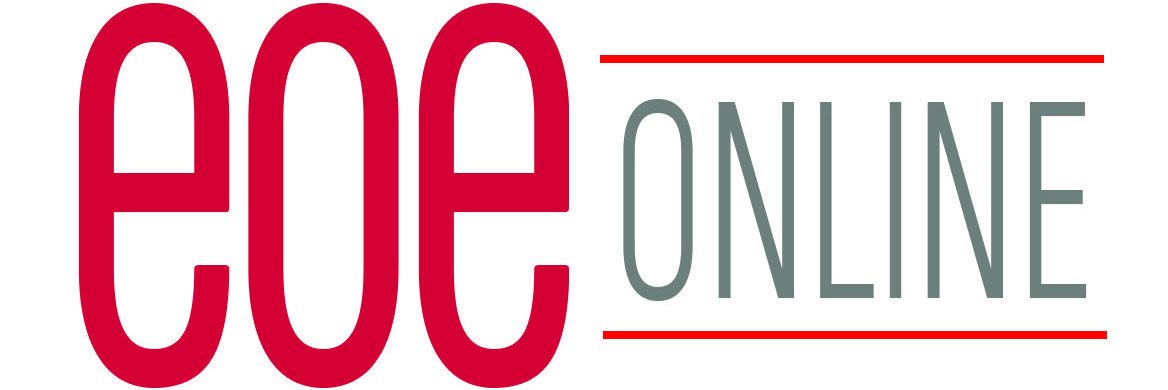
Equitable hiring is critical for your patients and the health of your organization. But when bias creeps into your hiring practices, you wind up with a less diverse, less inclusive, and less effective workplace. The impact of unfair hiring can be felt everywhere, damaging workforce morale and hurting patient well-being. In fact, the American Hospital Association states that “diverse and inclusive hiring is central to health equity.” This means that as the workforce becomes more diverse and equitable, patients also receive more equitable care.
But while it’s easy to say “hire equitably,” it’s harder to put equitable hiring practices into motion. We break down the impact of unfair hiring practices and what you can do to have a more non-discriminatory workplace.
What Is Equity?
The term equity refers to a sense of fairness and justice. While equality in hiring means treating every candidate or employee the same, equity means acknowledging that we do not all start from the same place. In order to be an equitable employer, you don’t just have to treat employees equally—you have to adjust your approach based on your employee’s position.
As an example, a 2021 report found that half of LGBTQ+ community members faced job discrimination. An equal response would involve simply doing your best to ensure that employees are treated fairly. But this response, though well-intended, doesn’t acknowledge the heightened difficulty of navigating a workplace while LGBTQ+. An equitable employer could offer additional resources for members of the LGBTQ+ community to help them air grievances and report bias without retaliation. Another resource could be an anonymous suggestion box, either physical or an online form, so employees can provide feedback without the anxiety.
To read this article in it’s entirety at apploi.com, click here.
